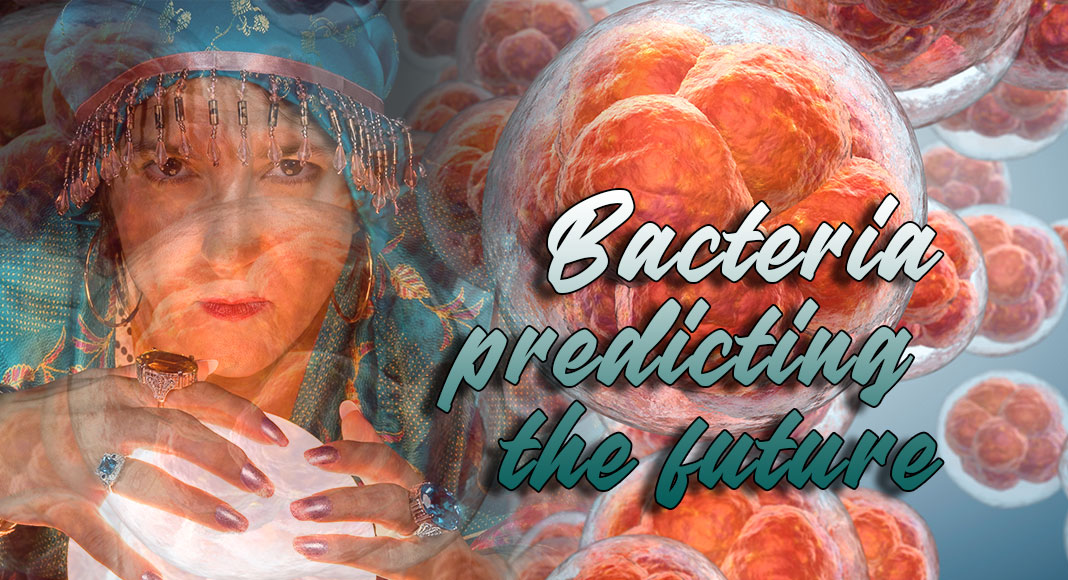
Mega Doctor News
By Washington University in St. Louis
Newswise — New research from Washington University in St. Louis suggests that bacteria could learn from the past to predict the future.
Using computer simulations and a simple theoretical model, Mikhail Tikhonov and co-authors published a paper in eLife that shows how bacteria could adapt to a fluctuating environment by learning its statistical regularities — for example, which nutrients tend to be correlated — and do so faster than evolutionary trial-and-error would normally allow.
“Evolutionary ‘learning’ is commonplace. For example, many organisms have evolved a circadian clock to follow the 24-hour day and night cycle,” said Tikhonov, assistant professor of physics in Arts & Sciences. “But evolution takes place over many generations. We show that bacteria could, in principle, do what we do: Learn correlations from recent experience and adapt their future behavior accordingly, even within their lifetime.
“Bacteria do not have brains, but we find that this kind of information processing can be achieved with a circuit that is not only simple, but similar to the circuits that bacteria are already known to have,” he said.
Three enabling ingredients must be present, though. The researchers stipulate that this kind of learning can only happen: if bacteria have more regulators than appear to be necessary; if the regulators themselves are self-activated; and if the bacteria operate under the real-world “nonlinear” conditions that are frequently approximated away in models.
By studying biology with a physicist’s perspective, Tikhonov hopes to shed more light on the ways that traditional biological theories limit the questions that researchers ask.
This recent paper provides new hypotheses for why some bacteria might be using seemingly redundant regulators or ways to modulate its different pathways.
“The ‘wasteful’ redundancy and unnecessary regulators that we see in many laboratory experiments can be puzzling,” Tikhonov said. “But scientists usually study organisms in simplified settings or static environments. The benefits we describe would only manifest themselves in the more realistic, fluctuating conditions. “Our hope is that an experimentalist might read our paper and recognize the key ingredients we describe in the system that they study.”








